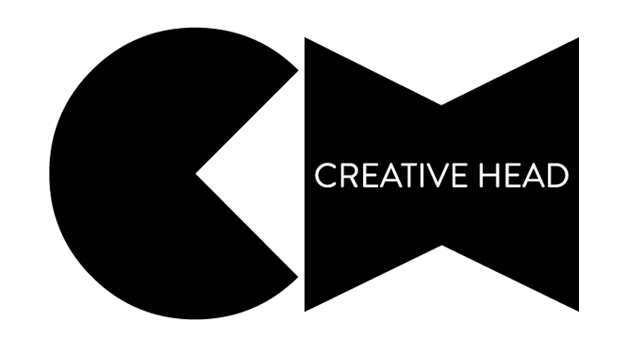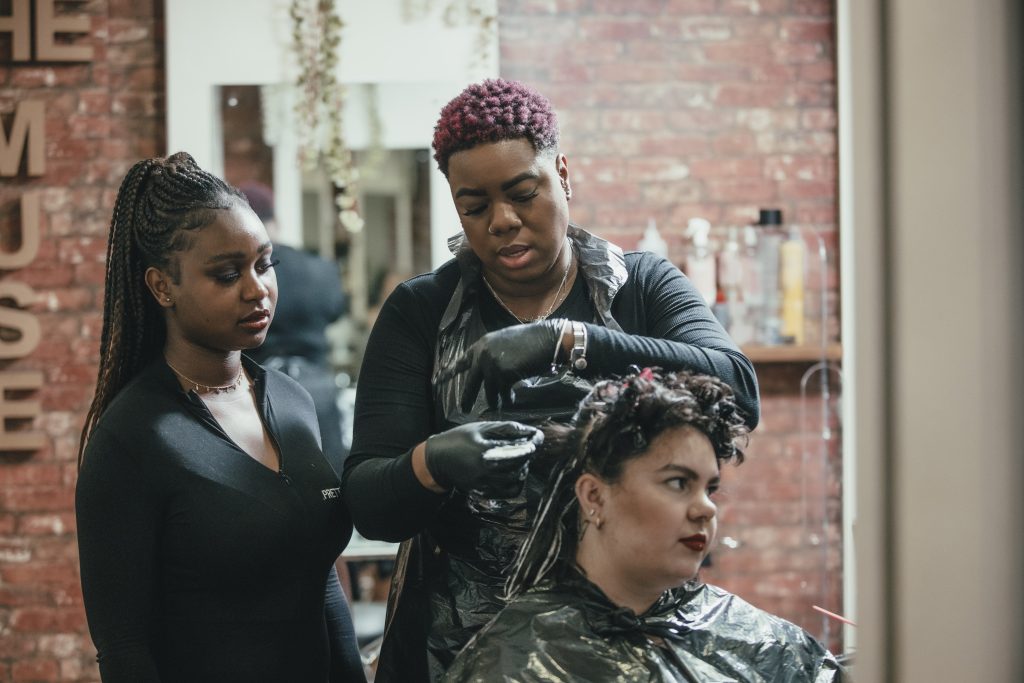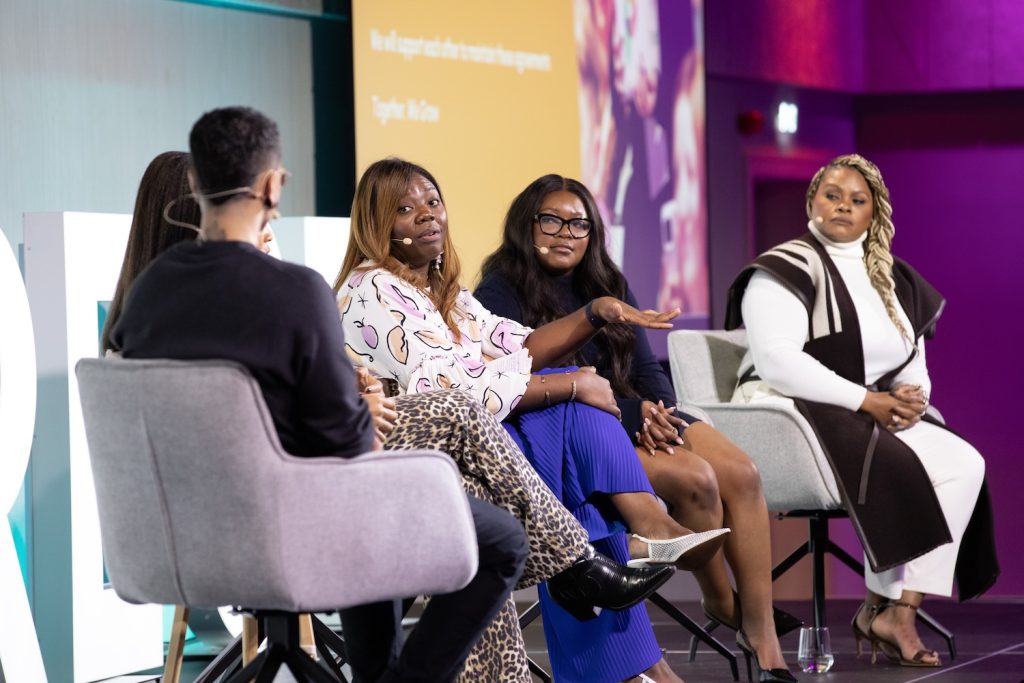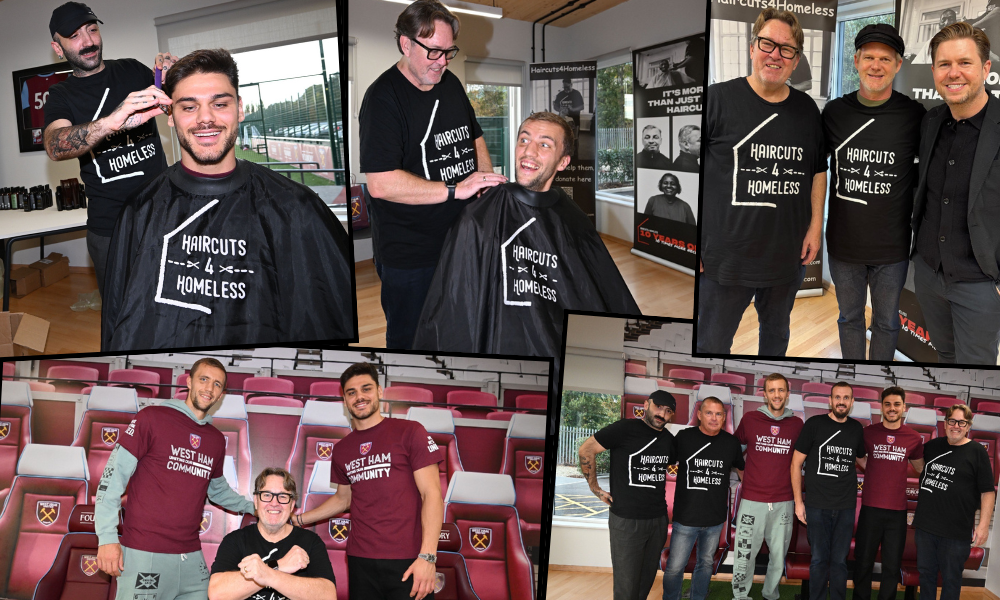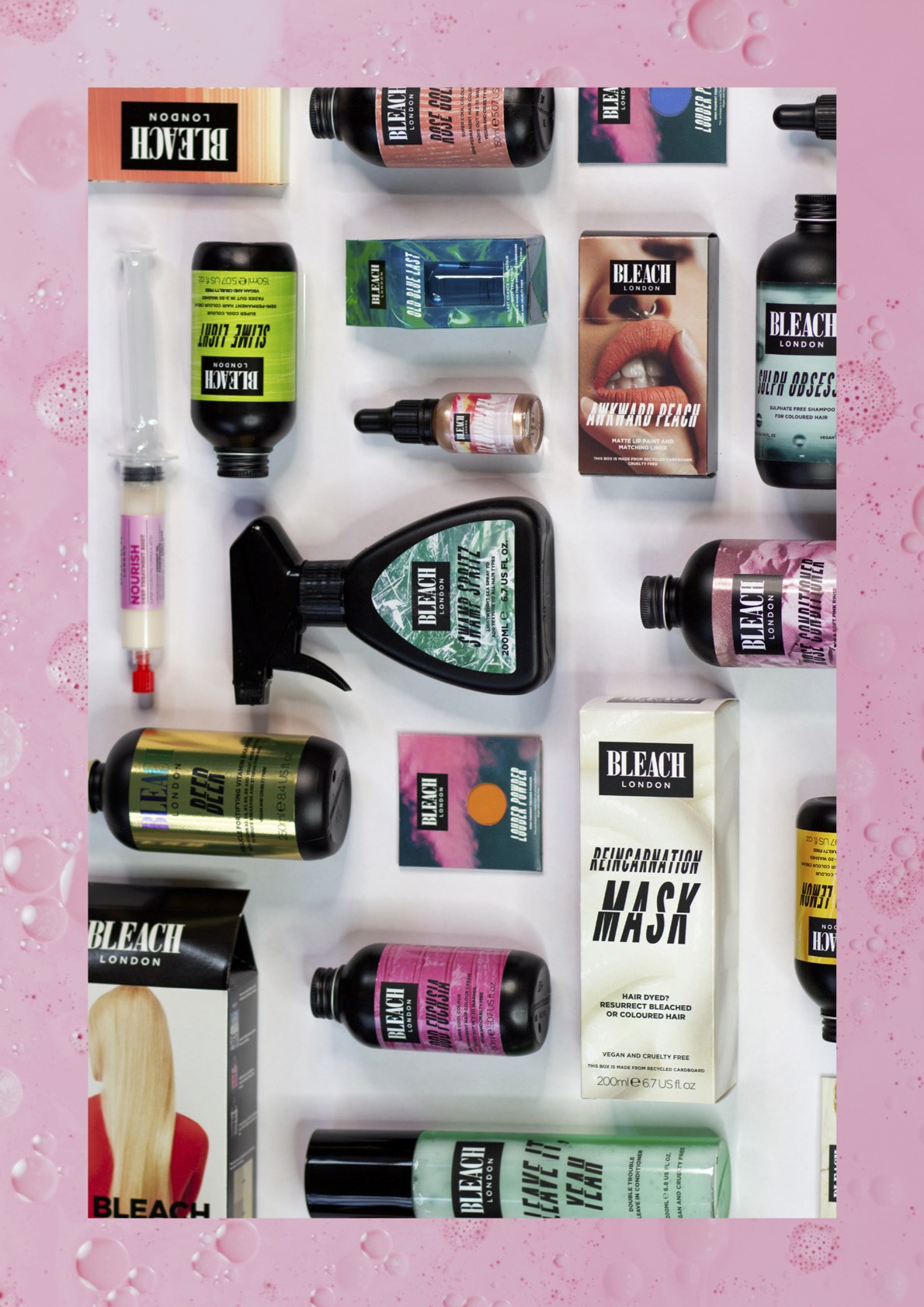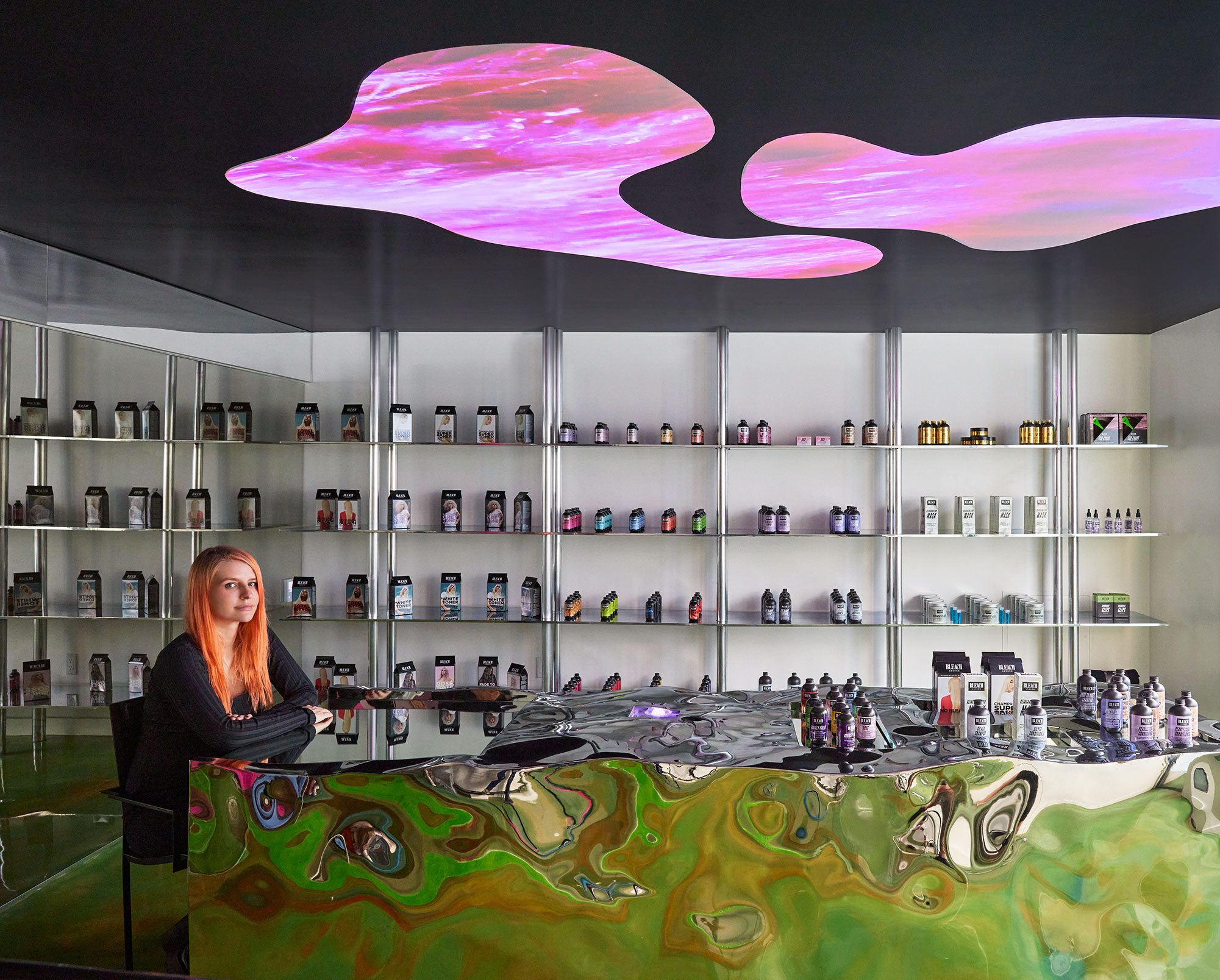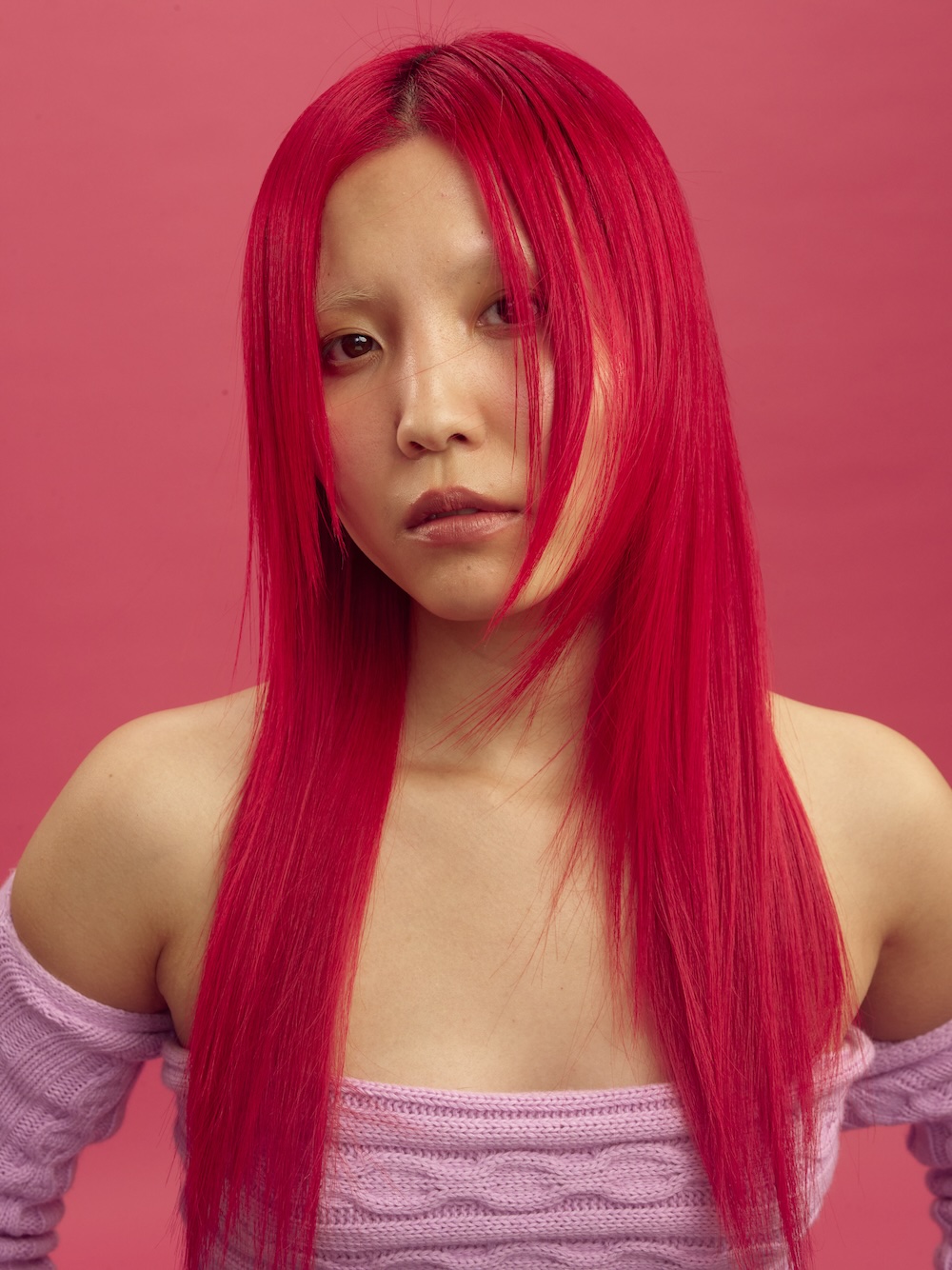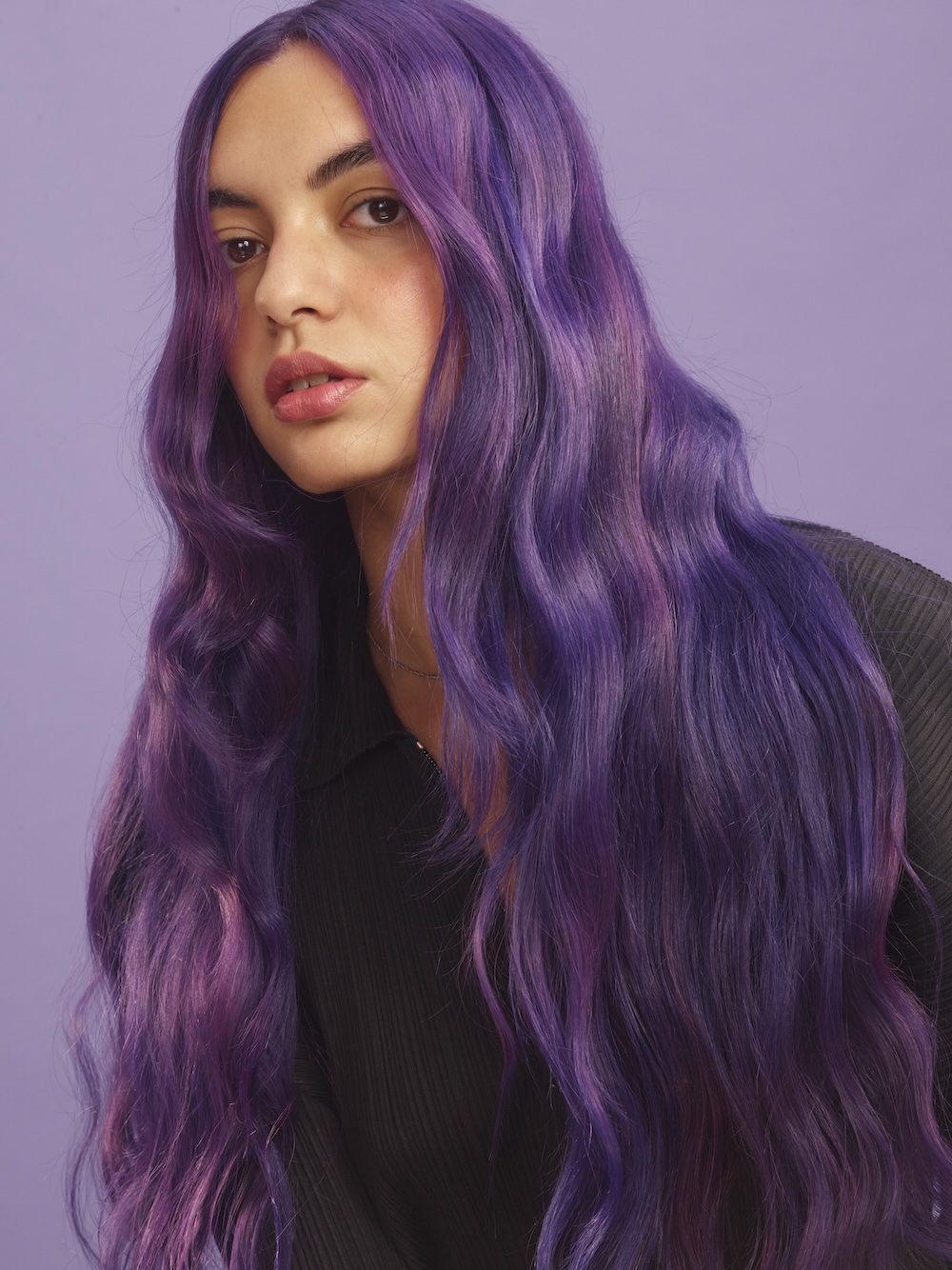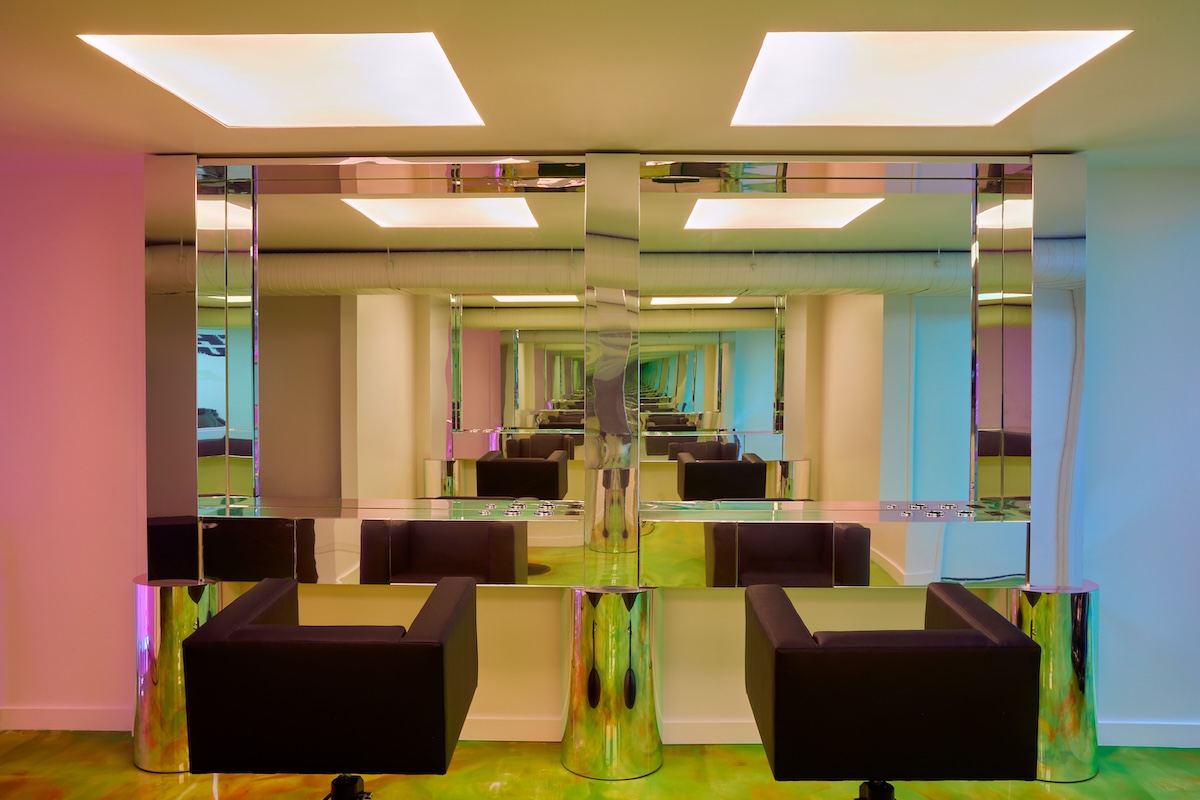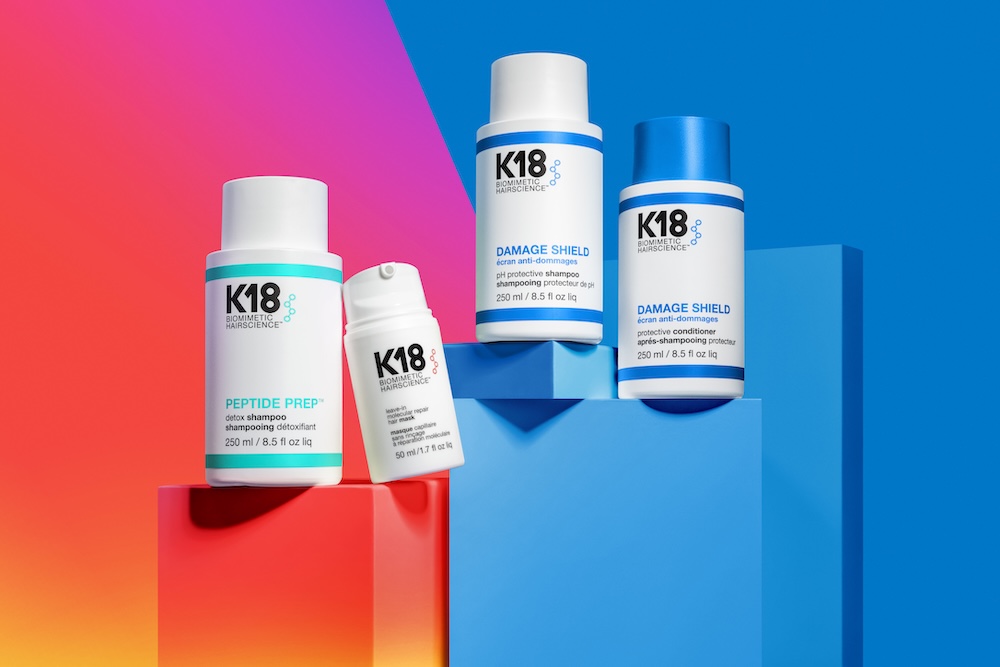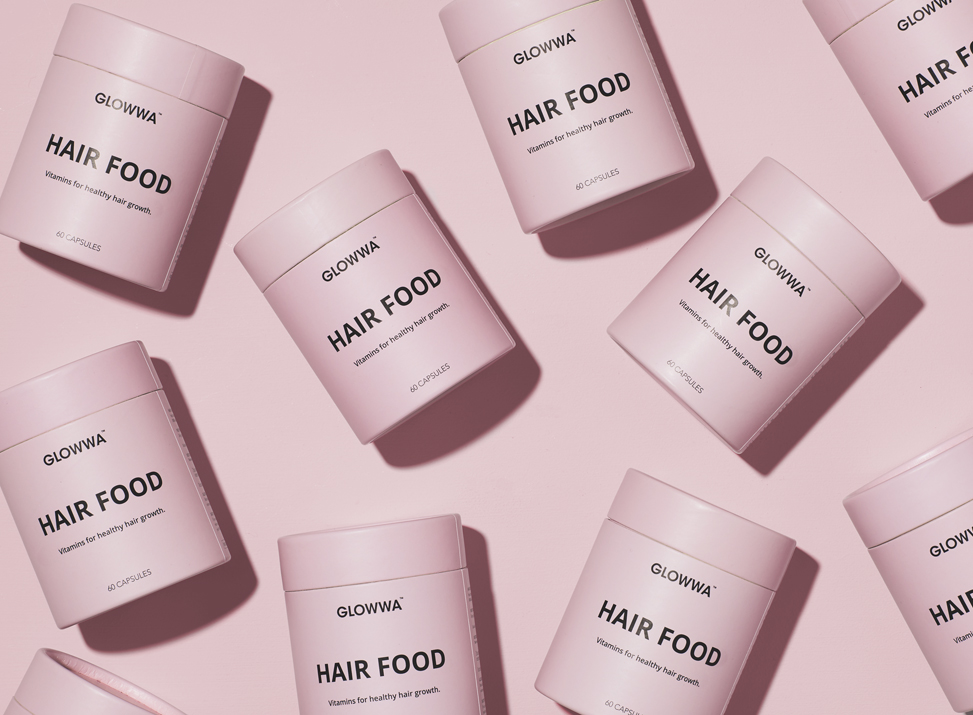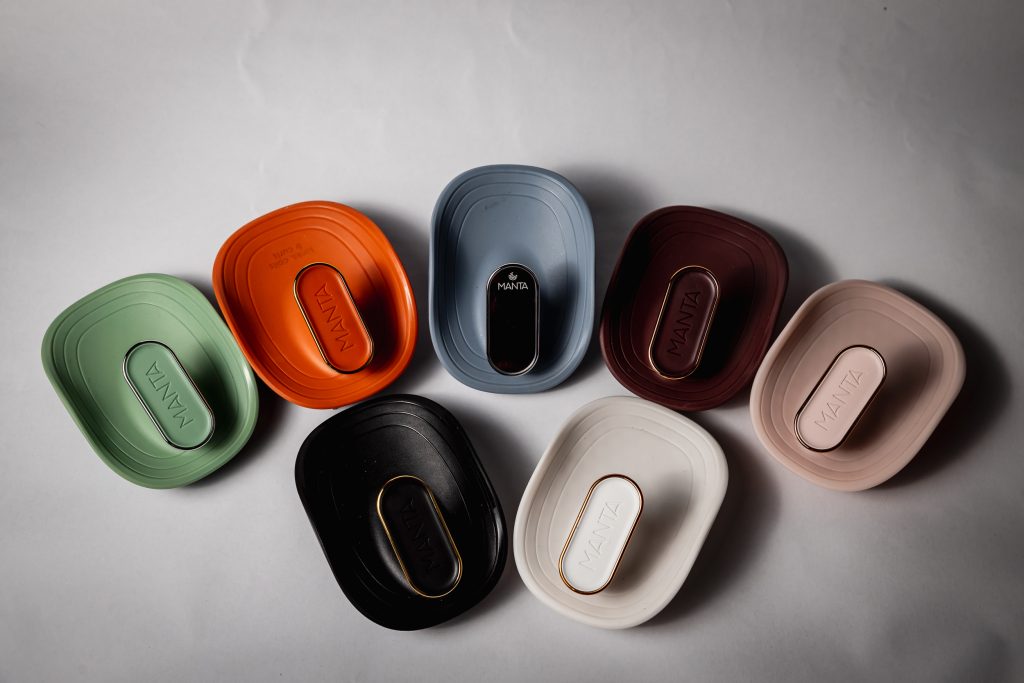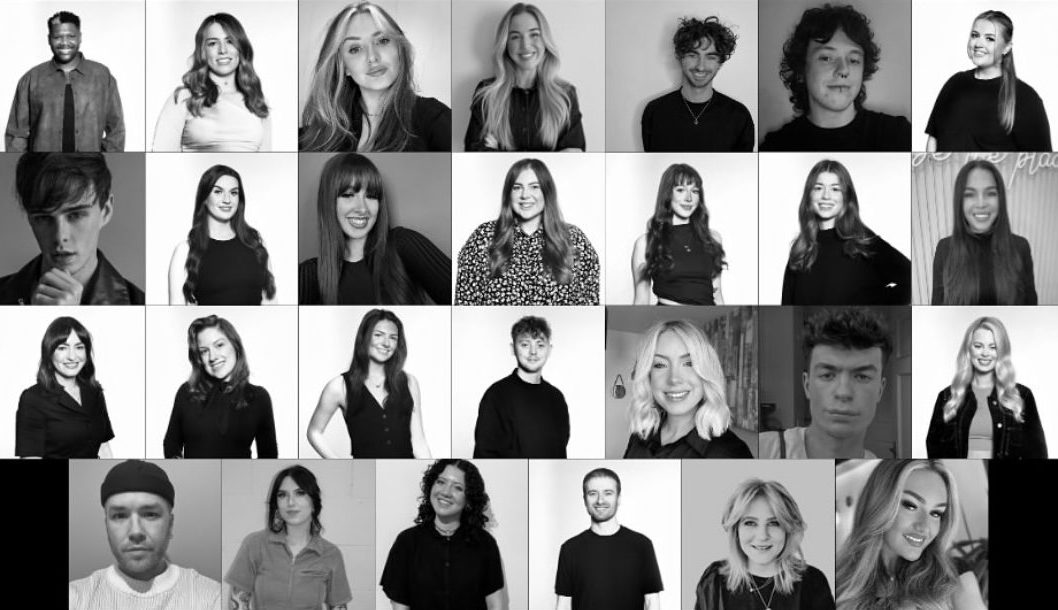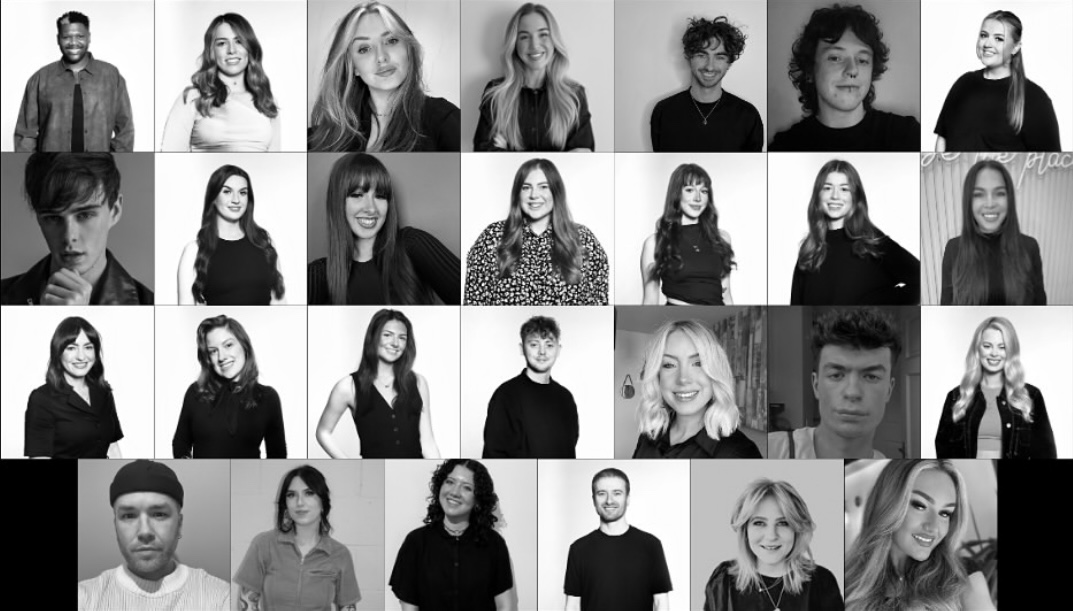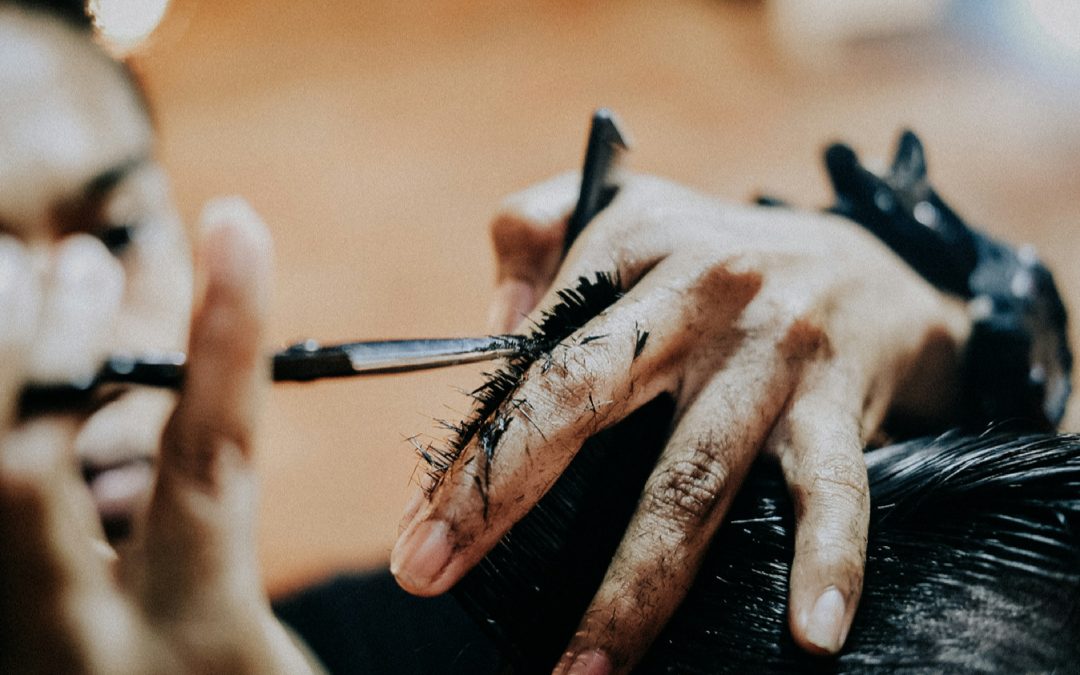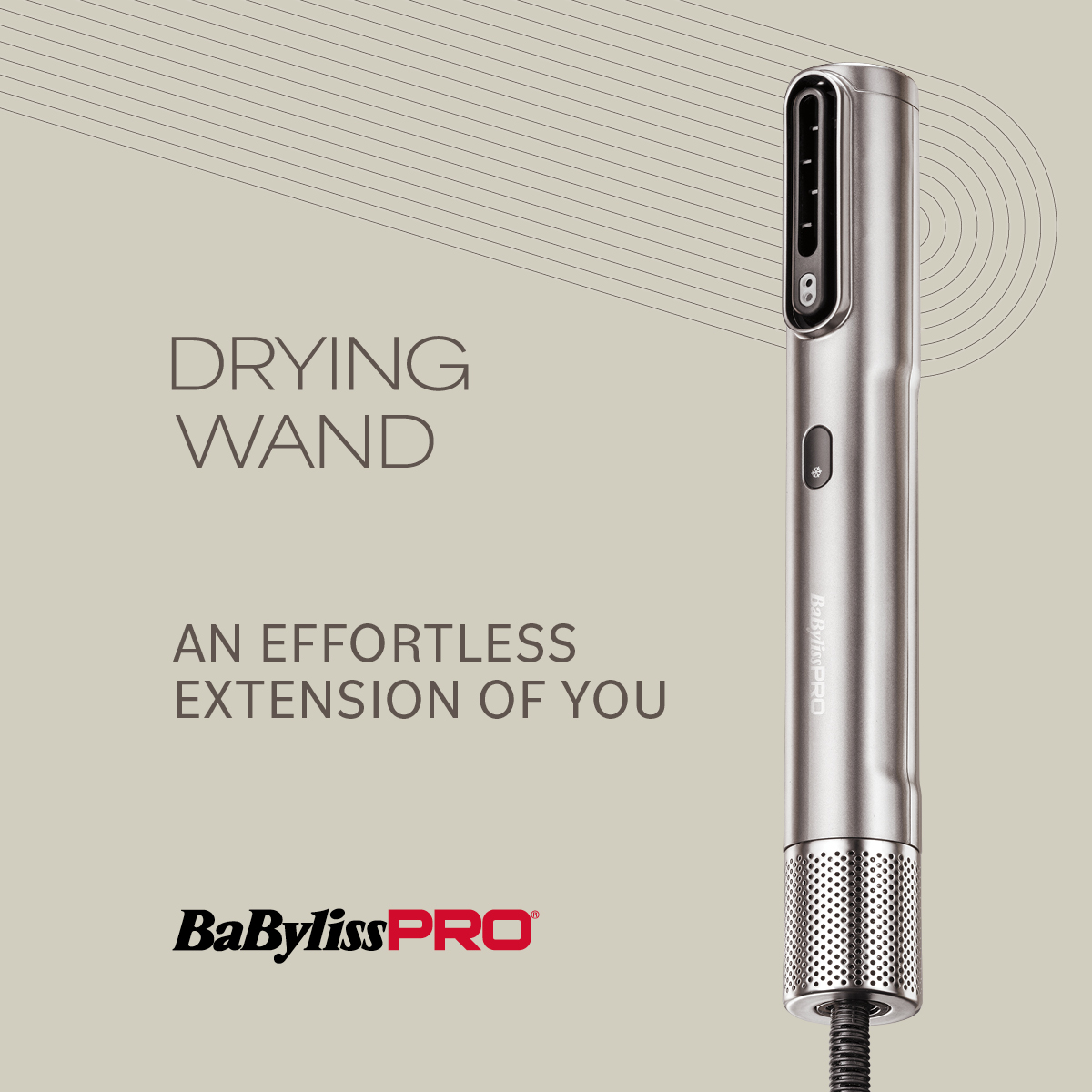
The L’Oréal Colour Trophy 2025 Is Your Platform For Fame
The L’Oréal Colour Trophy 2025 Is Your Platform For Fame
Which category will you enter?
by AMANDA | INFORM

Embark on a journey of self-discovery, challenging your imagination and your skills to deliver something special that pushes fresh trends, showcases technical excellence and excites your clients. Successful entrants will go straight into competing live at one of the two most iconic nights in the hairdressing calendar – the UK and Ireland Grand Finals.

Choose Your Category
The L’Oréal Colour Trophy is free to enter, and winning leads to a host of incredible opportunities. Are you ready? Let’s go!
L’Oréal Colour Trophy Award
Entrants create a total colour look on any model of any gender or gender identity of any hair type. With eight regions, 12 per region make it through.
L’Oréal Colour Trophy STAR Award
For 16- to 25-year-olds. Before and after photos are required and entrants will be interviewed on their work by the judges should they be successful.
L’Oréal Colour Trophy Afro Award (UK only)
Entrants create a total colour look on any model of any gender or gender identity of a hair type texture between 3C and 4C.
L’Oréal Colour Specialist Award (UK only)
For hair colour aficionados who have completed the 15-day L’Oréal Colour Specialist Diploma. Entrants must create a colour look on any model of any gender or gender identity of any hair type.
L’Oréal Colour Trophy Future Talent Award
For college students, part- or full-time, who are studying on a listed eligible course.
L’Oréal Colour Trophy Future Talent Award
For college students, part- or full-time, who are studying on a listed eligible course.
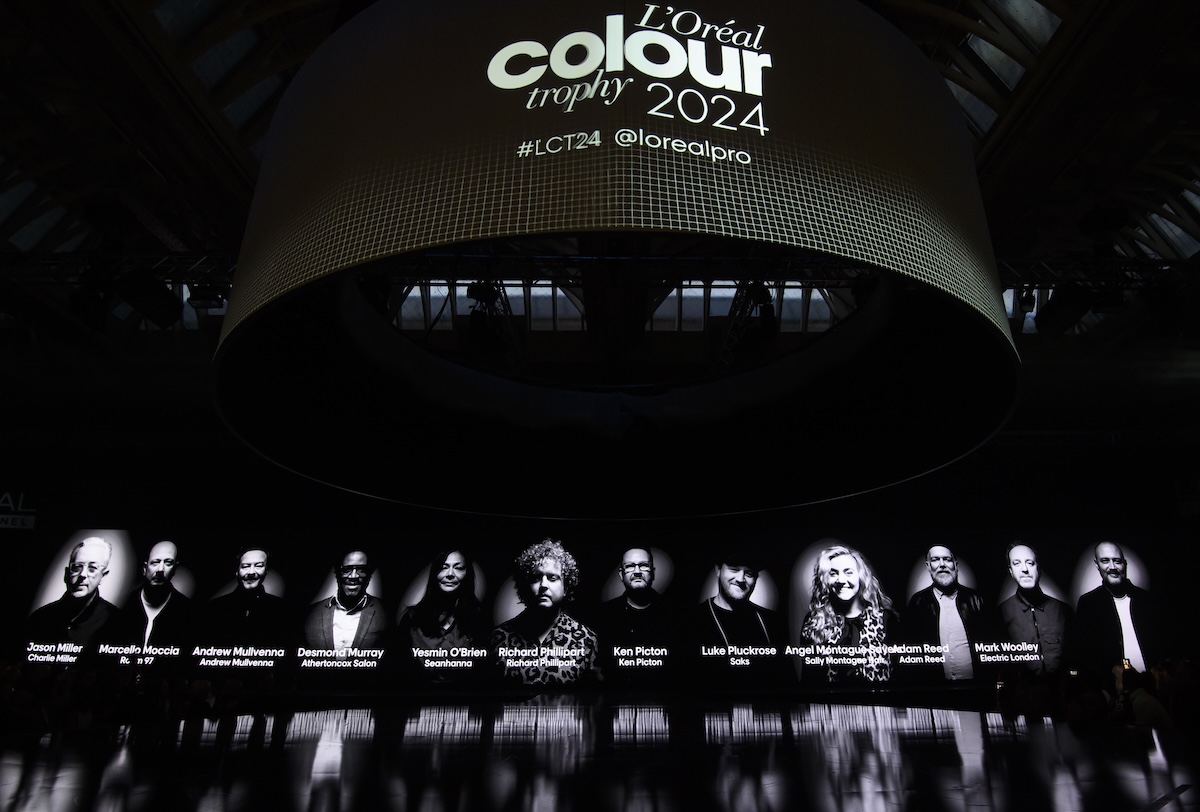


Winning Changes Everything!

“It’s all been a bit emotional and overwhelming. I’ve been obsessed with this competition from the very start of my career”
Gee-Kent Ho, Gee-Kent Ho, Newcastle-upon-Tyne
Winner, UK L’Oréal Colour Trophy 2024

“Winning has created brand awareness for New Hair Order – on an industry level and with new clients recognising our win and wanting to book”
Mark Byrne and Lisa May, New Hair Order, Dublin Winner, Ireland L’Oréal Colour Trophy 2024
All The Important Dates
April 3 – Entries close at 6pm
May 6 – Finalists announced at lorealcolourtrophy.com and lorealcolourtrophy.ie
June 9 – Ireland Grand Final
June 30 – UK Grand Final
Follow @lorealpro_education_uki #LCT25
